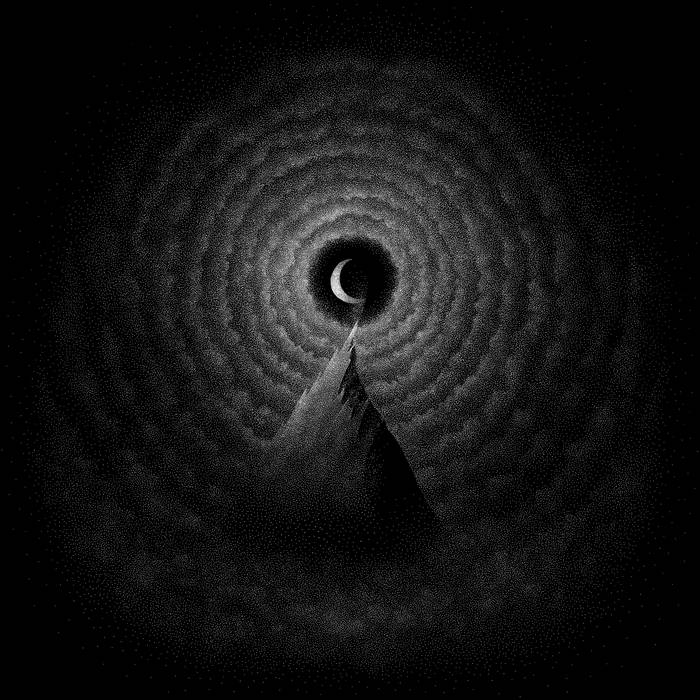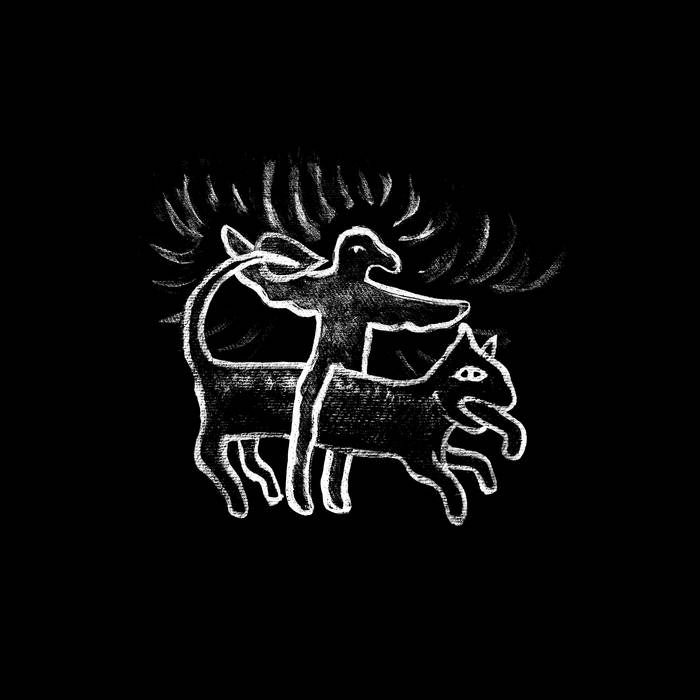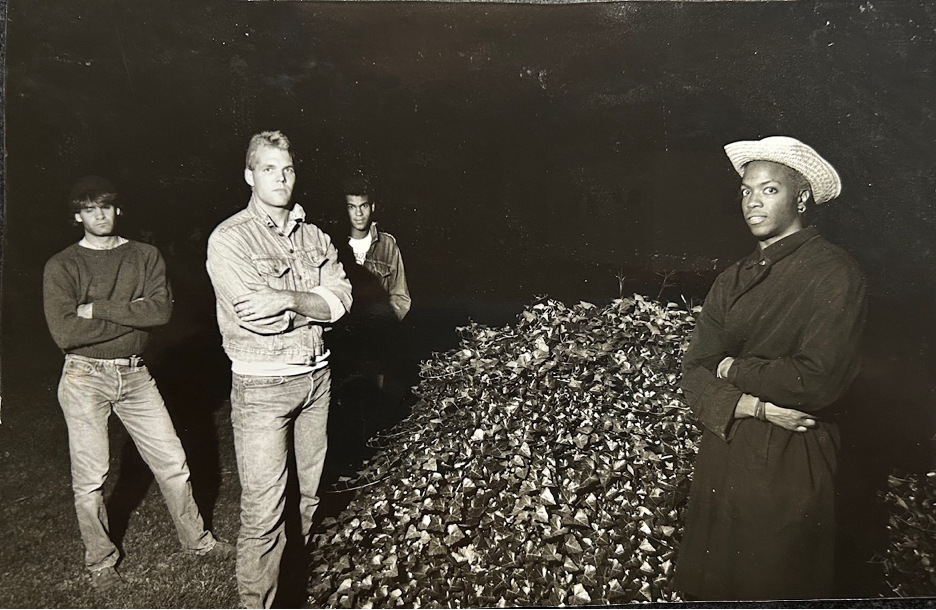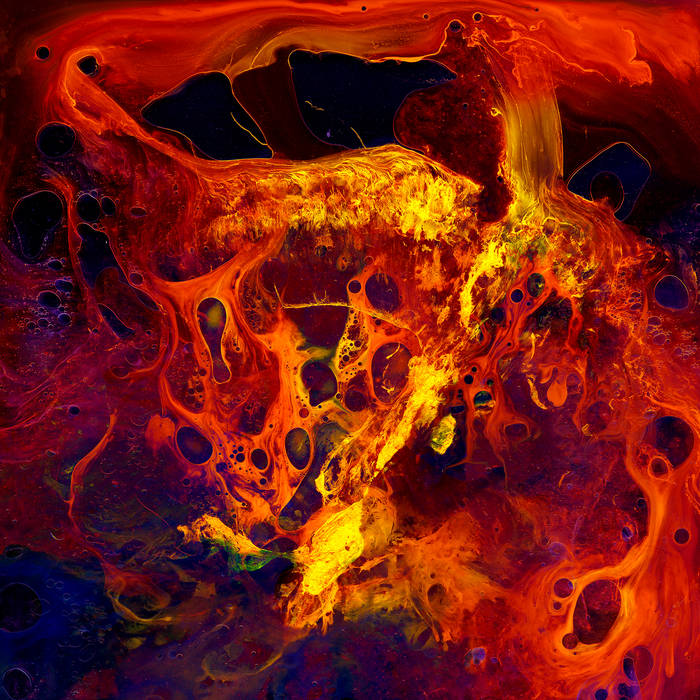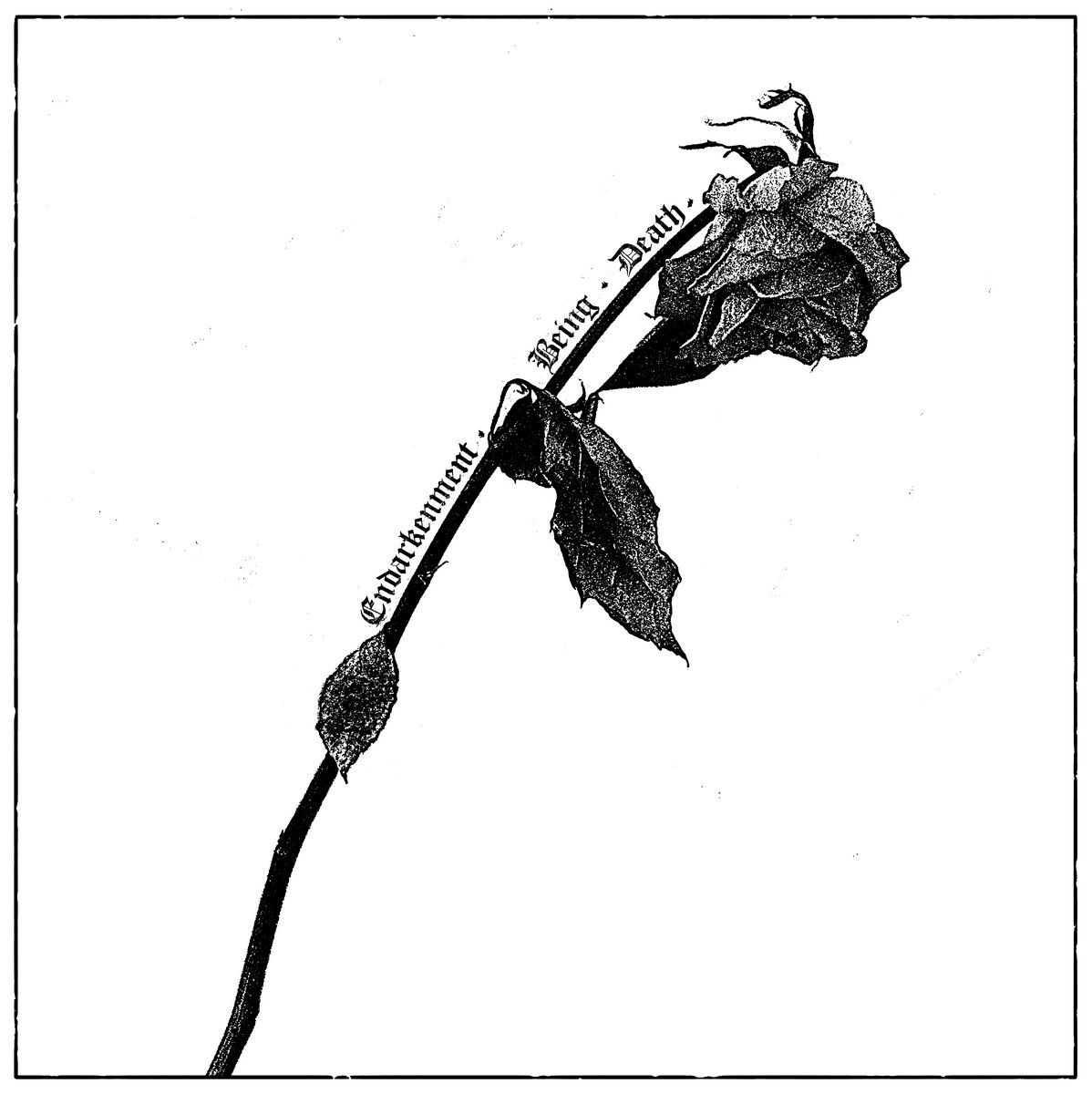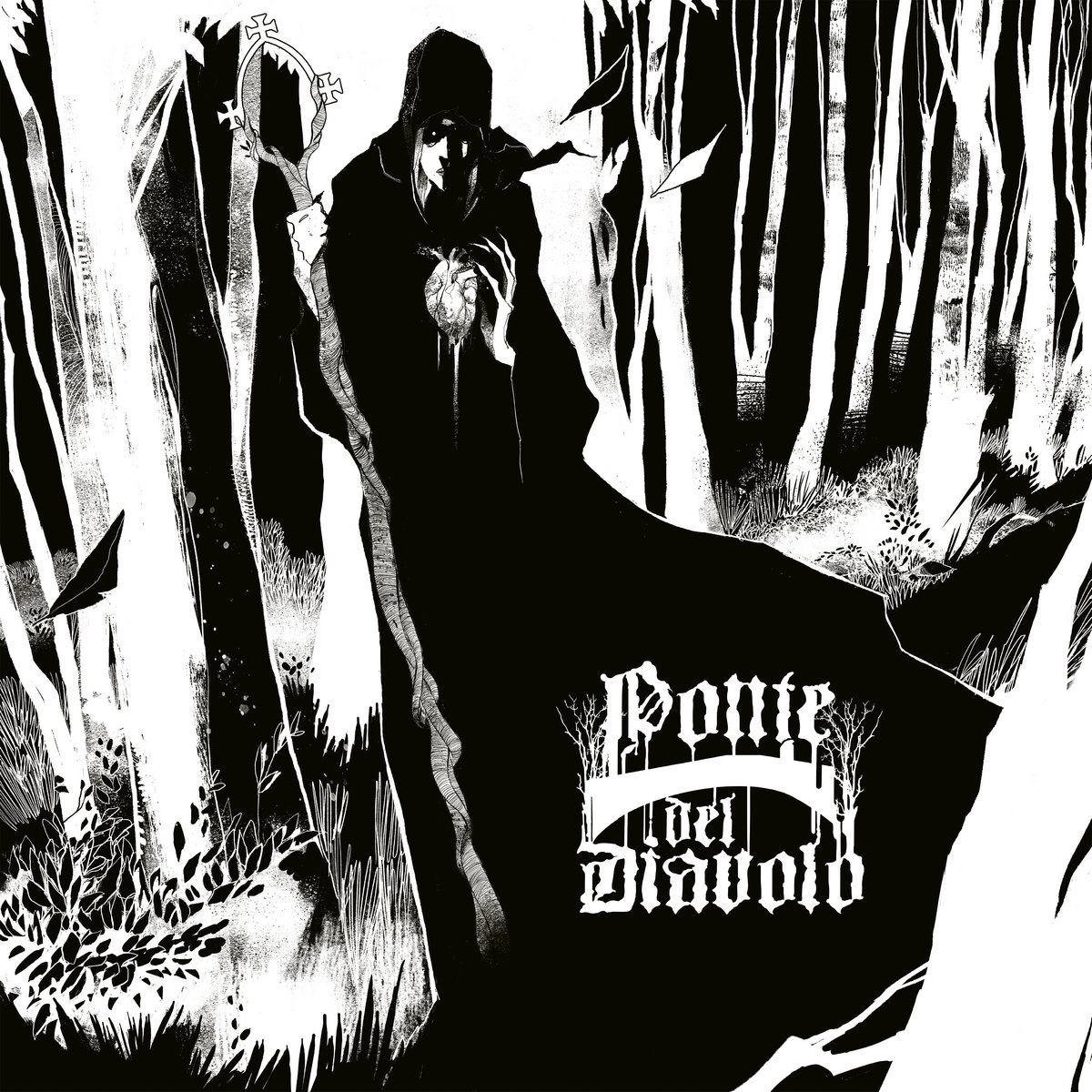It’s a powerful modern archetype: The singer/songwriter with a guitar, alone on the road, enduring all the bullshit that comes with just being a woman, pouring her whole soul into the art. Emma Ruth Rundle, Midwife, Marissa Nadler are names our readers will certainly associate with this picture. And as admirable all of them are, it is a refreshing change to see it embodied in a different cultural context devoid of Americana or Appalachian Folk but performed by Franco-Moroccan artist Sophia Djebel Rose.
Sometimes it only takes a minute into one song to know that an album must be special. Do you remember the first time you listend to Lankum’s “Go Dig My Grave”? I immediately got heavily reminded of that experience when I heard “Blache Biche”, the nine minutes long first single from Sécheresse.
The parallels are undeniable: a long eery traditional carried by an ominous drone and an oustandingly charismatic vocal performance. The solo guitar in a mist of menacing Ambient however makes it feel closer to Emma Ruth Rundle’s most enigmatic work EG2: Dowsing Voice. With an arrangement that doesn’t so much provide a static frame for the verses, but rather follows the dramatic needs of the story, Sophia Djebel Rose turns the song, which is based on the myth of the shapeshifting White Doe (which can turn into a beautiful woman and also often appears as a nanny for small children) into a mighty fore-feminist tale.
As one of the bigger centerpieces of the album besides the even longer title track and the breathtaking finale “Les Noyés” the song is both programmatic and an exception, as the remaining eight compositions were all written by Rose on her own. Since my French is as poor as Quasimodo’s chances of a modeling career I am thankful for the quality of modern translation technology. Yet even without it I could already guess that Rose employs the poetic visual power of “Blanche Biche” on all her own lyrics too. She seldom gets explicit, yet leaves a lot of space for interpretation between vivid natural imagery, sorrow, longing and an undercurrent of feral rage, as she dedicates the album “to all the women standing on the borderline, holding a blade against their breast”.
And thus the singer appears as both: a very real fighter giving us the impact of the hard truth straight to our faces, and an other-worldy fairy and banshee like Lili Refrain or Amalie Bruun. Her vocal performance and music mirror both, the lyrics’ vague mystique and poignant force, as elegantly winding Northern African melodies slide into strictly accentuated chansons, as Nico’s Avantgarde from the 1970’s touches Chelsea Wolfe’s contemporary Gothic of the 2010’s and songs meander in textures of modular synths and harmonium, only to explode into either expressive Experimentalism or grand French-Mediterranean Folk Rock magnificence. Between samples mixed with ghostly vocal overdubs here and huge choruses and rebellious screams there, from filigree acoustic sounds to evocative amplified twangs and strums, Sécheresse confidently defies expectations and builds its own world far beyond genre constraints.
The album’s title is misleading, since there’s absolutely no trace of creative “drought” here. Instead this is a downpour, a raging torrent, a dazzling waterfall.


